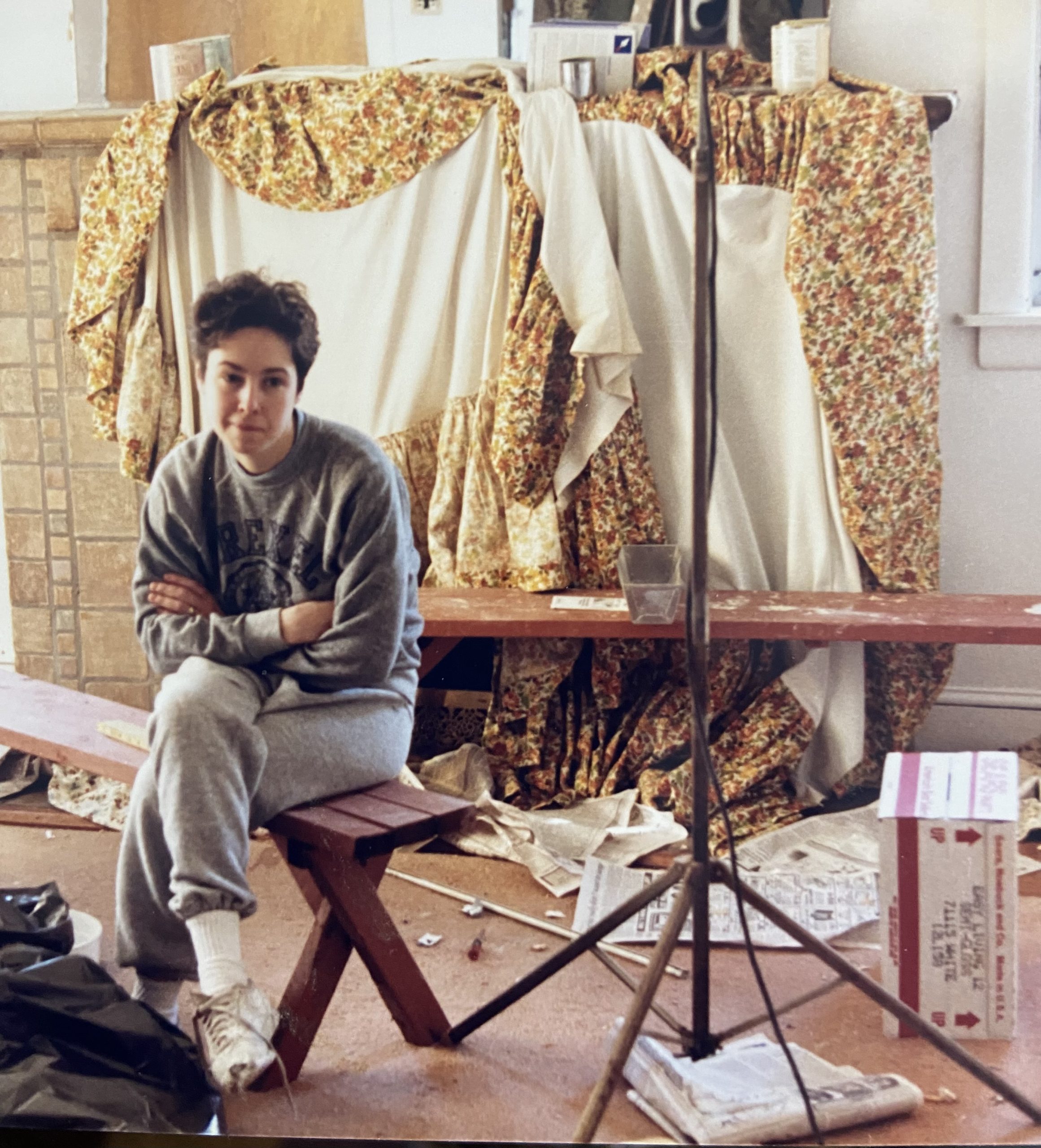Buying a fixer-upper can be an exciting and rewarding adventure in homeownership. The allure of purchasing a property in need of some TLC and transforming it into your dream home or a profitable investment can be tempting. However, like any major decision, there are both advantages and disadvantages to consider. Here are the pros and cons of buying a fixer-upper to help you make an informed decision.
PROS OF BUYING A FIXER-UPPER
- Cost Savings
One of the most significant advantages of purchasing a fixer-upper is the potential for cost savings. Typically, these properties are priced lower than move-in-ready homes. For me it meant being able to go from renting to owning despite not having a lot of money saved up for closing cost and down payment.
- Customization
Fixer-uppers offers you the opportunity to design and renovate the space according to your preferences, creating a home that truly reflects your style and needs. I always say to my customers; “you don’t pay for other people’s taste and if you’re sustainability conscious, you don’t have to feel guilty when redoing kitchens, bathrooms or tearing out carpets and wallpaper, because they’ve exceeded their life expectancy”!
- Investment Potential
With the right renovations and upgrades, a fixer-upper can become a valuable investment. You can build equity and potentially profit from the increased property value when you decide to sell.
- Learning Experience
Buying a fixer-upper can be a rewarding experience for those with the time, patience, and budget for renovations. The potential for cost savings, customization, and investment opportunities can make it a worthwhile endeavor. In addition, taking on a fixer-upper project can be an educational experience. You can gain valuable skills in home improvement and the construction/renovation process.
- Lower Property Taxes
Since fixer-uppers are typically assessed at a lower value due to their condition, you may enjoy lower property taxes initially, providing additional savings.
CONS OF BUYING A FIXER UPPER
- Potential High Renovation Costs
While fixer-uppers may be cheaper to purchase, the renovation costs can add up quickly. It’s essential to have a realistic budget and be prepared for unexpected expenses that may arise during the renovation process. In addition, you need to know the average historic sale price and trends of the neighborhood, so you don’t over improve.
- Time-Consuming
Renovating a fixer-upper is a time-consuming endeavor. Depending on the extent of the work required, you may need to live in a construction zone for an extended period. This can be inconvenient and disruptive to your daily life. Hence the pic above of me in our Fixer Upper, We had a full time jobs, and a 3 year old, so taking down wall paper, sanding and varnishing floors and landscaping was how we spent our weekends for several weeks!.
- Stress and Uncertainty
Home renovations can be stressful, especially if unexpected issues arise. Dealing with contractors, permits, and construction delays can be emotionally taxing. Luckily, I had my dad, a contractor do my kitchen remodel!
- Financing Challenges
Securing financing for a fixer-upper can be more challenging than for move-in-ready homes. However, there are specialized renovation mortgage lender loans for properties in poor condition, with certain conditions one must meet. Contact me if you want to know more about these.
- DIY Skills Required
Having some DIY skills or being able to count on members of the family who are general contractors or handymen is hugely advantageous. If you lack both, you may need to rely more on contractors, which can increase costs significantly.
Conclusion
It’s crucial to weigh these benefits against the drawbacks, such as high renovation costs, time constraints, and potential stress.
Ultimately, the decision to purchase a fixer-upper should align with your goals, skills, and tolerance for the challenges that come with it. Careful planning, a realistic budget, and prioritization are essential to ensure that your fixer-upper journey leads to a beautiful, functional, and valuable home.


 Facebook
Facebook
 X
X
 Pinterest
Pinterest
 Copy Link
Copy Link


